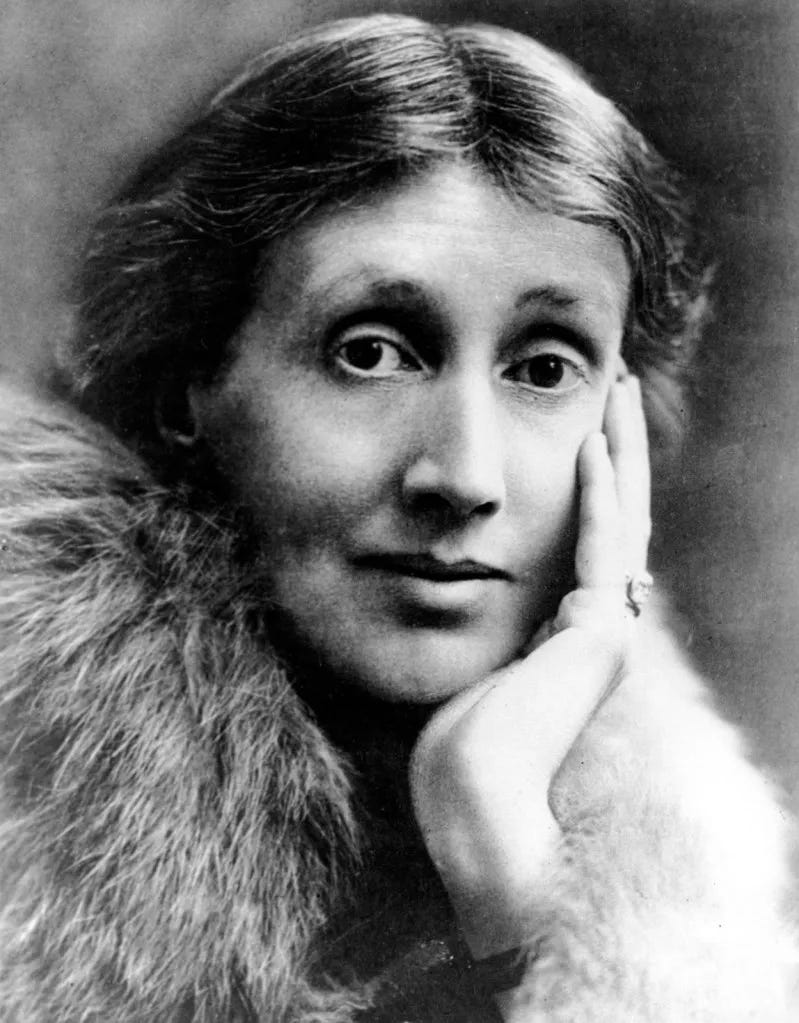In May 1927, Virginia Woolf gave a lecture at Oxford called ‘Poetry, Fiction and the Future’ and among the audience was a young undergraduate called Gertrude Trevelyan who listened to Woolf’s words about a new type of fiction carefully. A month later Trevelyan became the first woman student to win Oxford University’s most prestigious poetry prize, a huge achievement at a time when the rights of women at Oxford were being contested yet again. The story begins with Virginia Woolf recording her sense of awe after seeing the total eclipse over Yorkshire in 1927.
A solar eclipse, and other momentous events
On 29 June 1927, in the early hours of the morning, a total solar eclipse could be seen from parts of the United Kingdom. It was the first to be visible in England for over two hundred years,[i] and Londoners who could afford the 18-shilling return fare took a special overnight train from King’s Cross to north Yorkshire to witness the extraordinary spectacle.
‘How can I express the darkness? It was a sudden plunge,’ Virginia Woolf wrote in her diary. ‘Also to be picked out of one’s London drawing room and set down on the wildest moors in England was impressive.’[ii]
The following day, at Oxford, another extraordinary event took place. At the University’s annual ‘Encaenia’ ceremony held at the Sheldonian Theatre, a young student called Gertrude Eileen Trevelyan, aged 24, was presented with the Newdigate Prize for her 250-line poem in blank verse, ‘Julia, Daughter of Claudius’ (later published as a limited edition by Basil Blackwell). The value of the prize may have been small in financial terms - a cheque for £21 - but its reputation was mighty. Founded in 1806, Sir Roger Newdigate’s Prize was given annually to an Oxford University student for the best composition in verse of under 300 lines. It had previously been won by John Ruskin, Matthew Arnold, and Oscar Wilde. Now, for the first time, a woman had been awarded the University’s most prestigious literary prize.
The Encaenia is always a special, celebratory day in the University of Oxford’s academic calendar, but in 1927 few male undergraduates were present to watch Trevelyan collect her cheque. This may have been because excitement about the eclipse had been building for months, and most university men had left the city earlier that week, hoping to get the best vantage point. ‘This,’ the Oxford Times asserted, ‘doubtless explained the presence in the gallery of many undergraduettes in their quaint hats.’[iii] But the female students who crowded into the Sheldonian Theatre that day, proudly wearing their academic gowns and caps, were there for a very good reason. They knew how hard their predecessors had fought for them to have the right to study and earn a degree at Oxford. For them, seeing a woman undergraduate awarded their university’s most prestigious literary prize was as momentous an event as viewing a total solar eclipse.


